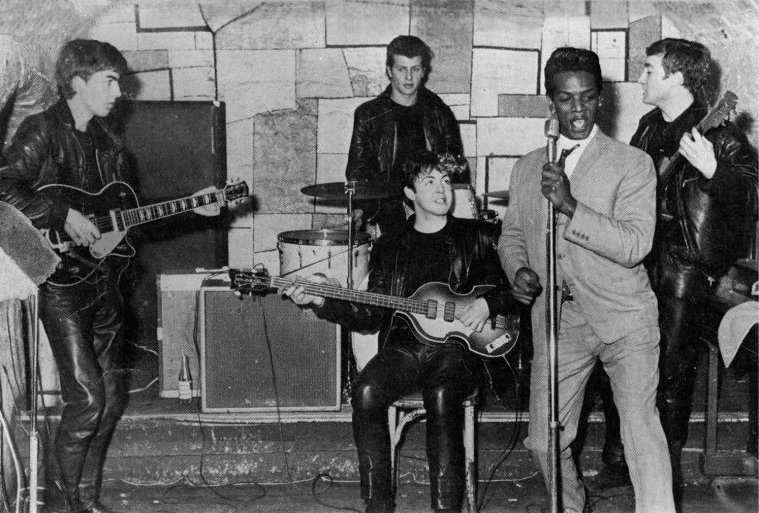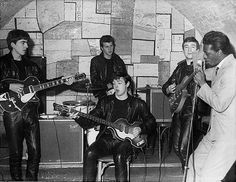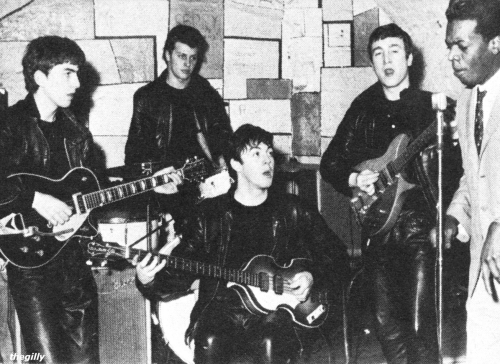Now Playing
Current DJ: Mick Rick
Saint Etienne Northern Counties East from The Night (Heavenly) Add to Collection
Requests? 773-DJ-SONGS or .(JavaScript must be enabled to view this email address)
The Internet is an incredible thing. You have more access to information at your finger tips than your ancestors did at any other point in human history, rendering research in in music trivia easy and making any mystery surrounding your favorite artists is pretty much non-existent. That’s not the case when it comes to Davy Jones.
If you're scratching your head at the that statement, you should know I’m not referring to the lead singer of the Monkees. I’m also not referring to David Bowie’s career before he was famous. The Davy Jones I’m referring to is beyond obscure, with a Wikipedia entry that barely stretches past one sentence and no reference or articles published about him on any music website, magazine or blog.
Depending on whom you ask, Davy Jones was either a black American or Canadian soul singer who got his break on the British music scene in the early ‘60s. It’s anyone’s guess as to how he ended up in England. Maybe he was a soldier who was stationed there as part of the NATO military build up in Western Europe during the height of the Cold War. Maybe he was just an average black man who was sick of being kept down because of stateside racism and decided to look for opportunities.
His biggest hit was “Amapola,” a rocked-up version of a popular jazz standard from the late 1930s. While he never became a huge star, he had a minor following that led him to playing packed dates at concert halls around the UK, including some dates in Liverpool in 1961, where a little known beat combo by the name of “The Beatles” were his backing band.

Grimy black and white photographs of him screeching and jiving with the Fab Four in the background seem to be the only pictures that exist of him. Beyond that one commercial success, he kept a low profile for the rest of the decade, except for a brief period in 1969, when he had a few minor soul hits in Holland, like his cover of Bob Dylan’s “Most Likely You Go Your Way and I’ll Go Mine.”

There hasn’t been any new information about him since then. There’s a good chance he might be dead. There’s also the possibility that he was a time traveller from the distant future who decided to take a vacation between 1960 and 1969 and ended up having a minor music career that would only be talked about on indie music blogs like this one. Whatever you think of him, it’s certainly an interesting detour that makes you want to know more about the mystery of the Black Davy Jones.

Next entry: CHIRP Radio Best of 2017: Sarah Brooks
Previous entry: CHIRP Radio Best of 2017: John Lombardo